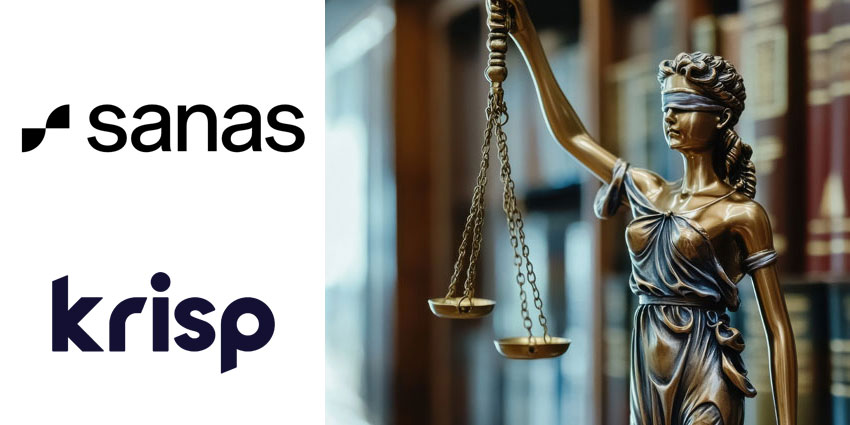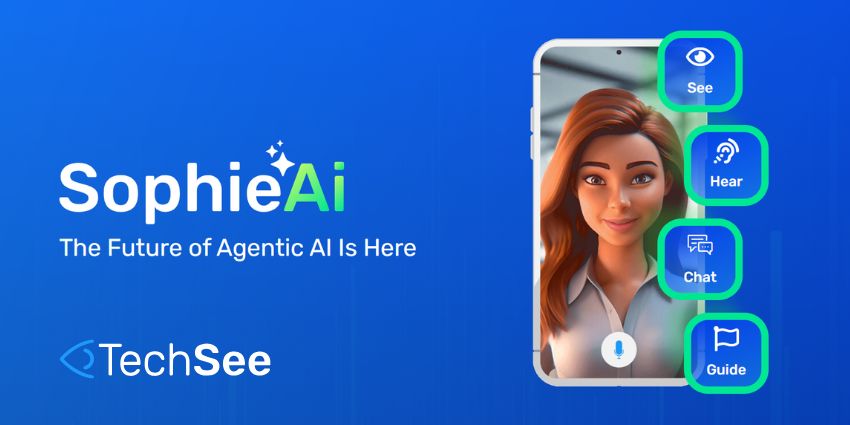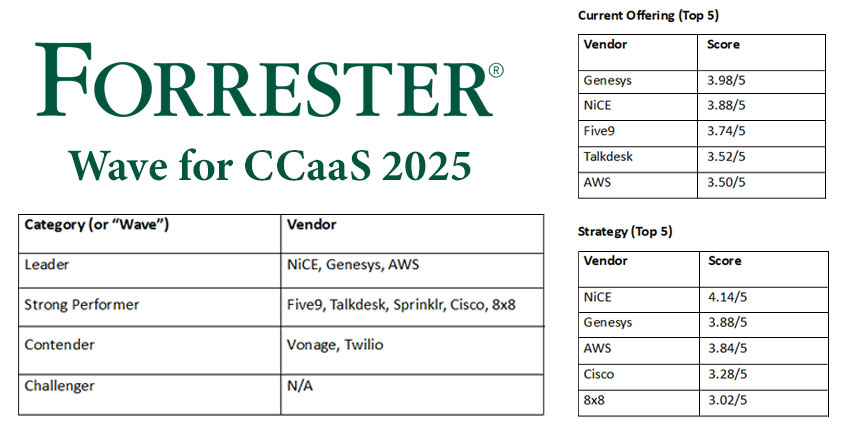As the number of messaging apps users continues to witness a steep rise, it makes excellent sense for companies to leverage these channels to expand their support capabilities. At the start of 2021, there were approximately 4.2 billion social media users around the world, making up over 53% of the global population! Among them, a large portion uses Facebook Messenger (1.3 billion) and WhatsApp (2 billion), which makes these two channels prime candidates for contact centre integrations.
And, apart from the sheer numbers, there are several benefits of using Facebook Messenger and WhatsApp for customer management:
- Integrated conversion funnel – The customer journey often starts on social media, but does not lead to conversion because there is no in-app support available. A customer management strategy via conversational platforms addresses this gap
- Convenience and low abandonment – The convenience of conversational apps will bring down the abandonment rate, making sure that your contact centre resources are optimally utilised. Customers can enter a query and go about their day, and agents can come back with a response even after a slightly longer wait time
- Data enrichment – Social media is an incredible source of customer intelligence data, and you can leverage this for automated customer management, cross-selling, upselling and contextualised promotions
The key to managing customers effectively using messenger apps is to target the conversation at the right moment on the customer journey. Typically, a customer browsing your social media page is at the “interest” stage, and your efforts to engage them at this time through outbound communication could drive up conversion possibilities.
For inbound conversations, it is advisable to restrict the interaction to the appropriate time of day, when customers are most likely to use the conversation app. For example, if the customer sends a query via WhatsApp in the morning, an agent should be available with a response by lunch, when the customer is once again likely to spend some time on the platform.
Here are three best practices to remember when leveraging Facebook Messenger or WhatsApp for managing customers.
- Collaborate with the marketing team to maximise outreach opportunities
Conversational platforms are excellent for both mid-funnel and post-purchase engagement. You can target customers right at the cusp of conversion, with personalised promos. You can drive upselling/cross-selling based on past purchase histories – for example, maintenance service reminders for automotive equipment.
- Train agents dedicatedly for conversational platforms
Platforms like Facebook Messenger and WhatsApp are now deeply entrenched in how we communicate, share ideas, and look for opinions. Agents not only need tailored scripts for these platforms, but they also require training on conversational app linguistics, tone of voice, lexicon, and communication efficiency. This is particularly important as app usage is mostly limited to younger generations, who expect a specific tonality of service.
- Integrate with chatbot and automations
Facebook Messenger and WhatsApp offer promising opportunities for automating support, at least at the initial levels. You can program a chatbot to help perform basic tasks like guiding password resets or requesting refunds, without the intervention of a live agent.







